Studio Formafantasma tackles the ‘mammoth’ problem of electronic waste recycling through design
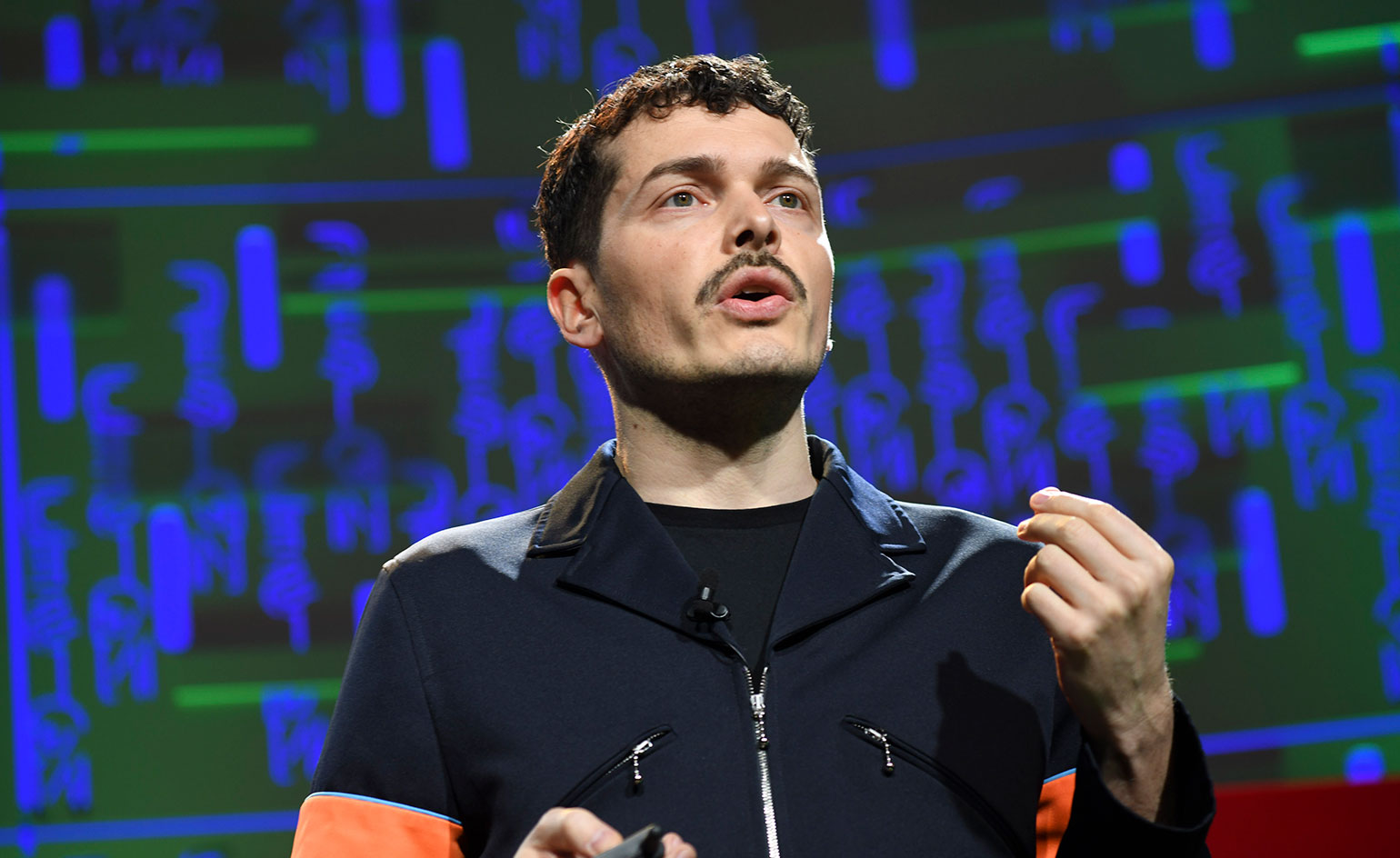
The research-driven approach of design duo Studio Formafantasma might typically result in beautiful, poetic objects ranging from lighting and vessels to furniture, but the studio has been recently applying its efforts towards tackling a very contemporary problem: the recycling of electronic waste.
‘At the moment, electronic waste is the fastest stream of waste growing globally. Only 30 per cent is being correctly recycled while the remaining 70 per cent is being exported to developing countries or simply ends up in the landfill,’ says studio co-founder Simone Farresin during his presentation ‘I, You and IT’ during Brainstorm Design this week. ‘The obvious question here is why?’
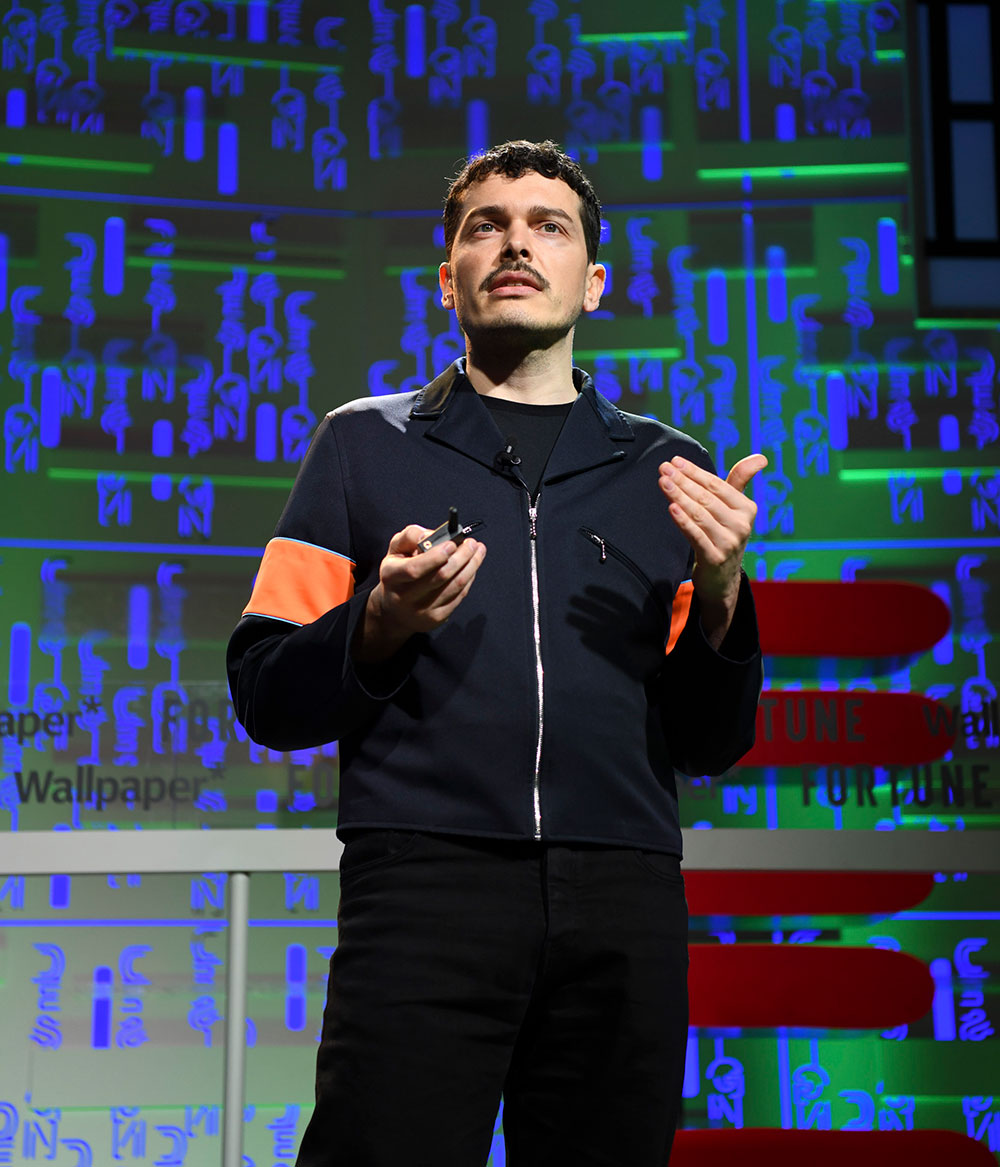
Studio Formafantasma co-founder Simone Farresin speaking at the Brainstorm Design conference 2019.
While it may seem like stating the obvious, the recycling of electronic products is actually highly complex. Not only is this an issue being made worse by the increasing number of circuit boards being present in even more electronic products, the fact that most copper and metal elements are covered in black rubber for safety also means that they are harder to detect by the visual detectors in recycling systems that function by identifying and isolating various components by colour.
Studio Formafantasma has drilled down into the problem by conducting extensive research and investigations with experts in Europe, India and Kenya – analysing different levels of the recycling chain. Their design-lead process included speaking with legislators, activists using GPS to track where electronic waste is shipped off to, recyclers, non-governmental agencies establishing responsible recycling workshops and also manufacturers.
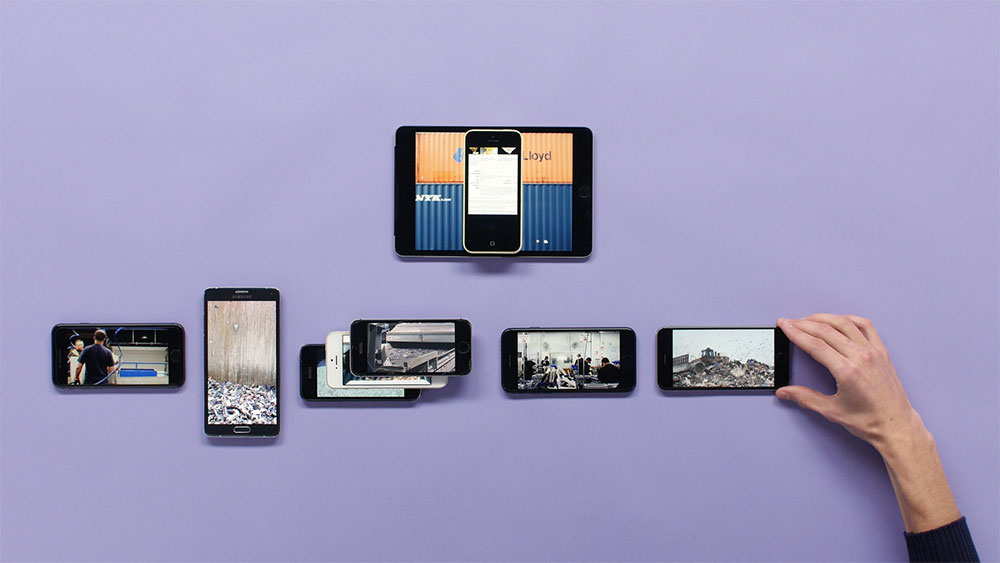
‘System Recycling’, from the ‘Ore Streams’ project, 2019, by Studio Formafantasma
‘Design can be used to mediate conversation,’ Farresin emphasises. ‘One of the problems we had while speaking to recyclers was the need to gain the information from them to actually design. What we did was dismantle electronic products which we placed, almost as a taxonomy, into different elements so that we could speak with them about the problematics in recycling very specifically.’
One of Studio Formafantasma’s solutions includes the implementation of a colour-coding system that identifies recyclable metal elements, and also aids the separation of hazardous components. When an electronic device is opened, there is currently no universal design language to indicate what is harmful or not.
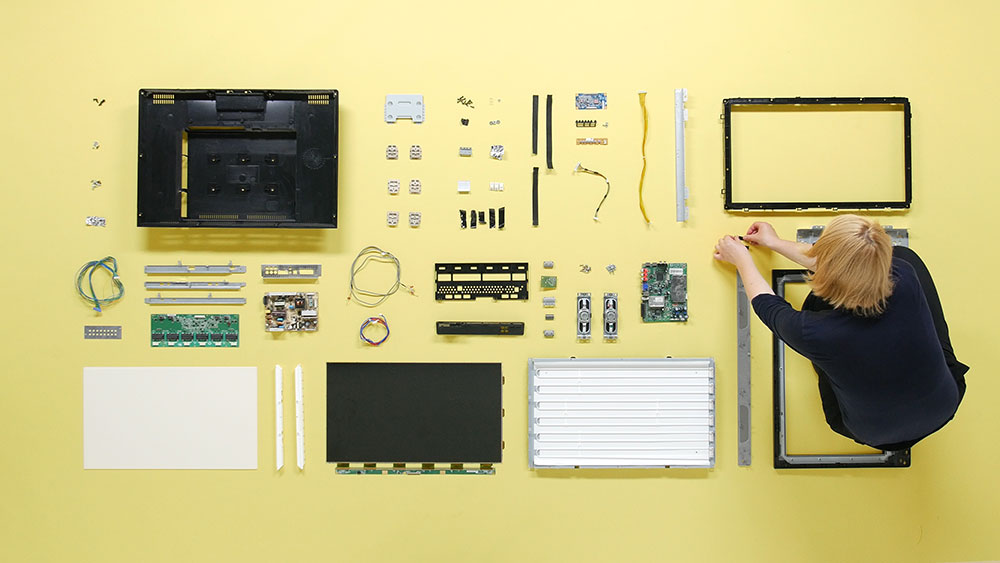
‘Taxonomy’, from the ‘Ore Streams’ project, 2019, by Studio Formafantasma
Another iAnother idea calls for the introduction of a labelling system that would be enforced by legislature. This labelling system would require manufacturers to outline the shelf life of each product, rather than concealing its obsolescence, thus allowing consumers to make an informed decision on purchasing. Yet another suggestion is the creation of a digital passport for different types of plastics in the form of a QR code that will enable recyclers to know the composition of the type of plastic they are recycling. ‘A lot of recyclers struggle to understand exactly what they are recycling because plastics are being engineered daily,’ Farresin explains.
Wallpaper* Newsletter
Receive our daily digest of inspiration, escapism and design stories from around the world direct to your inbox.
Studio Formafantasma’s measures may seem simplistic, but they offer tangible, conceivable solutions to a mounting problem of a mammoth scale. ‘We needed to be very pragmatic,’ Farresin concludes about their strategies. ‘Rather than to completely rethink the system of recycling, we chose to operate within it.’dea calls for the introduction of a labelling system that would be enforced by legislature. This labelling system would require manufacturers to outline the shelf life of each product, rather than concealing its obsolescence, thus allowing consumers to make an informed decision on purchasing. Yet another suggestion is the creation of a digital passport for different types of plastics in the form of a QR code that will enable recyclers to know the composition of the type of plastic they are recycling. ‘A lot of recyclers struggle to understand exactly what they are recycling because plastics are being engineered daily,’ Farresin explains.
Studio Formafantasma’s measures may seem simplistic, but they offer tangible, conceivable solutions to a mounting problem of a mammoth scale. ‘We needed to be very pragmatic,’ Farresin concludes about their strategies. ‘Rather than to completely rethink the system of recycling, we chose to operate within it.’
Pei-Ru Keh is a former US Editor at Wallpaper*. Born and raised in Singapore, she has been a New Yorker since 2013. Pei-Ru held various titles at Wallpaper* between 2007 and 2023. She reports on design, tech, art, architecture, fashion, beauty and lifestyle happenings in the United States, both in print and digitally. Pei-Ru took a key role in championing diversity and representation within Wallpaper's content pillars, actively seeking out stories that reflect a wide range of perspectives. She lives in Brooklyn with her husband and two children, and is currently learning how to drive.
-
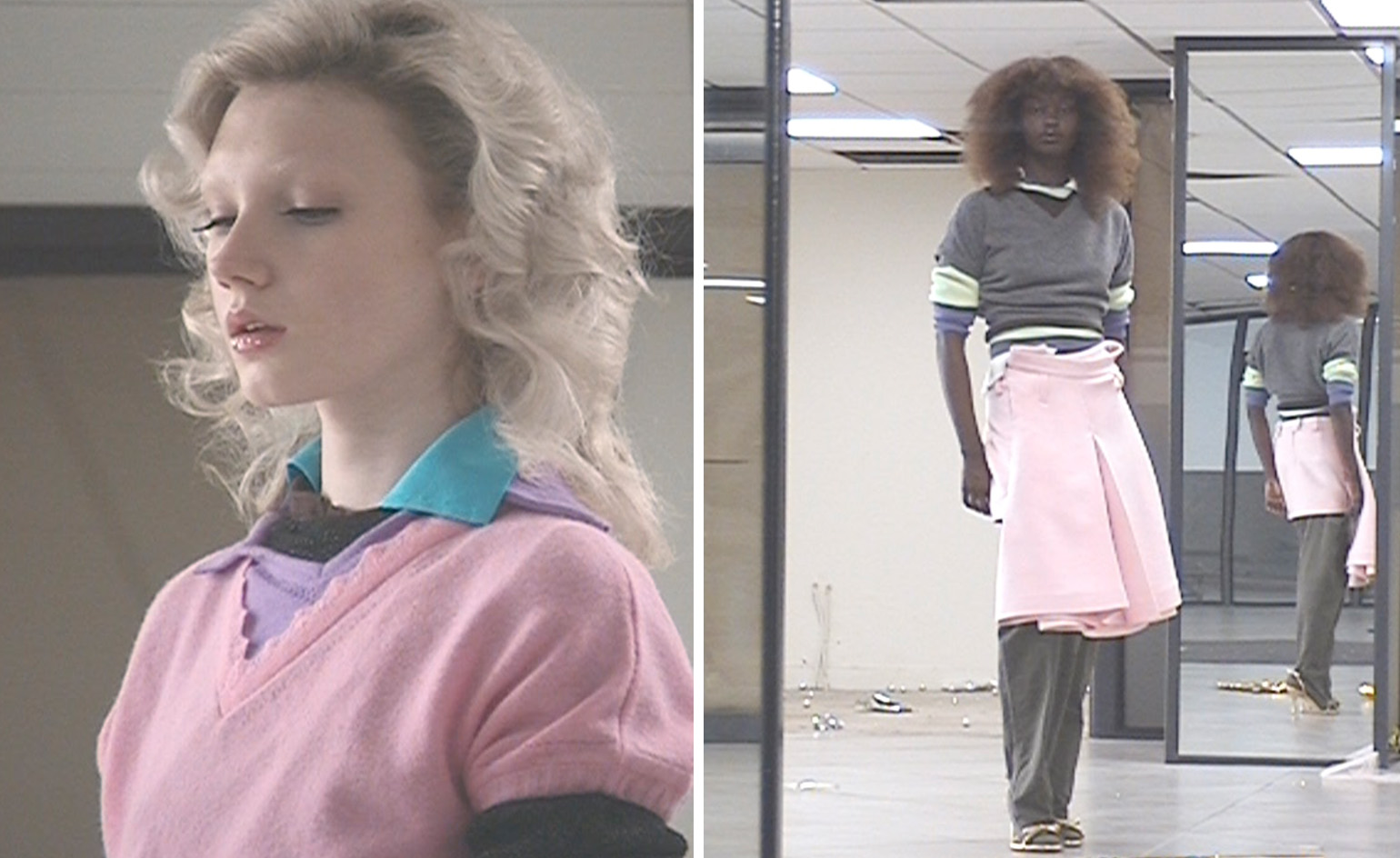 All-In is the Paris-based label making full-force fashion for main character dressing
All-In is the Paris-based label making full-force fashion for main character dressingPart of our monthly Uprising series, Wallpaper* meets Benjamin Barron and Bror August Vestbø of All-In, the LVMH Prize-nominated label which bases its collections on a riotous cast of characters – real and imagined
By Orla Brennan
-
 Maserati joins forces with Giorgetti for a turbo-charged relationship
Maserati joins forces with Giorgetti for a turbo-charged relationshipAnnouncing their marriage during Milan Design Week, the brands unveiled a collection, a car and a long term commitment
By Hugo Macdonald
-
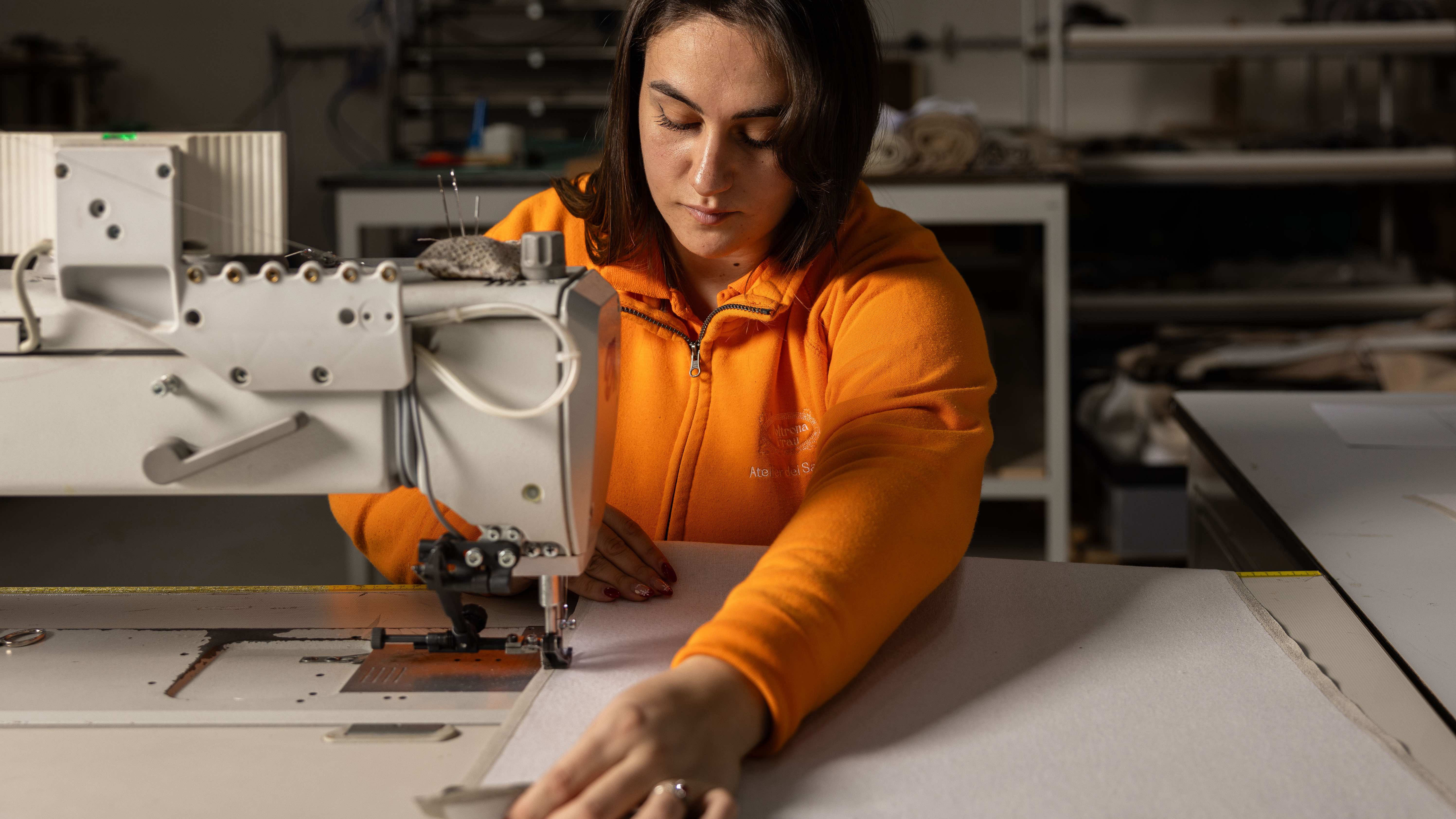 Through an innovative new training program, Poltrona Frau aims to safeguard Italian craft
Through an innovative new training program, Poltrona Frau aims to safeguard Italian craftThe heritage furniture manufacturer is training a new generation of leather artisans
By Cristina Kiran Piotti
-
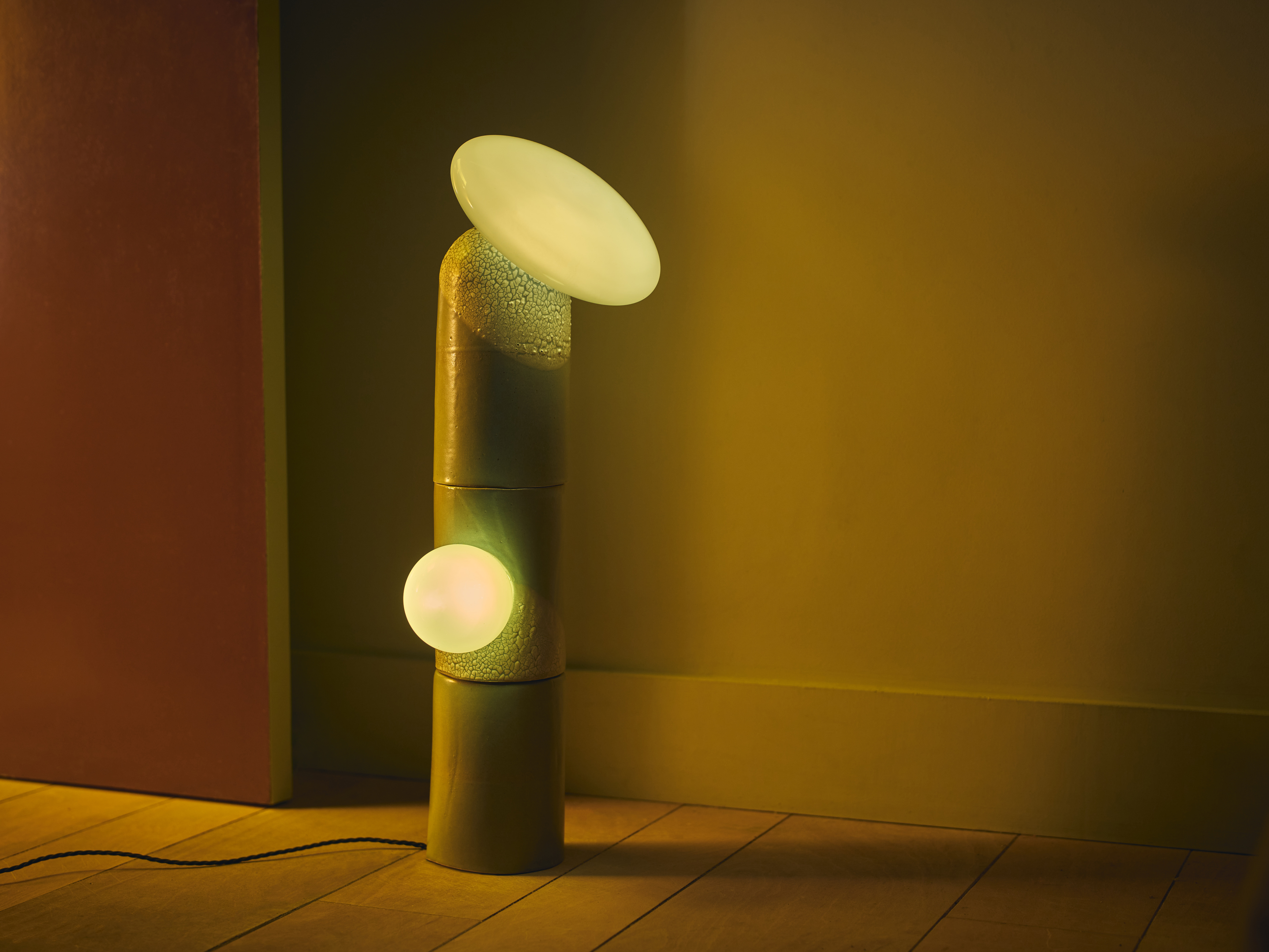 Elegant floor lamps to brighten autumn nights
Elegant floor lamps to brighten autumn nightsThe best floor lamps and where to buy them: switch on to subtle lighting with our edit of elegant standing lamps for your home
By Ali Morris
-
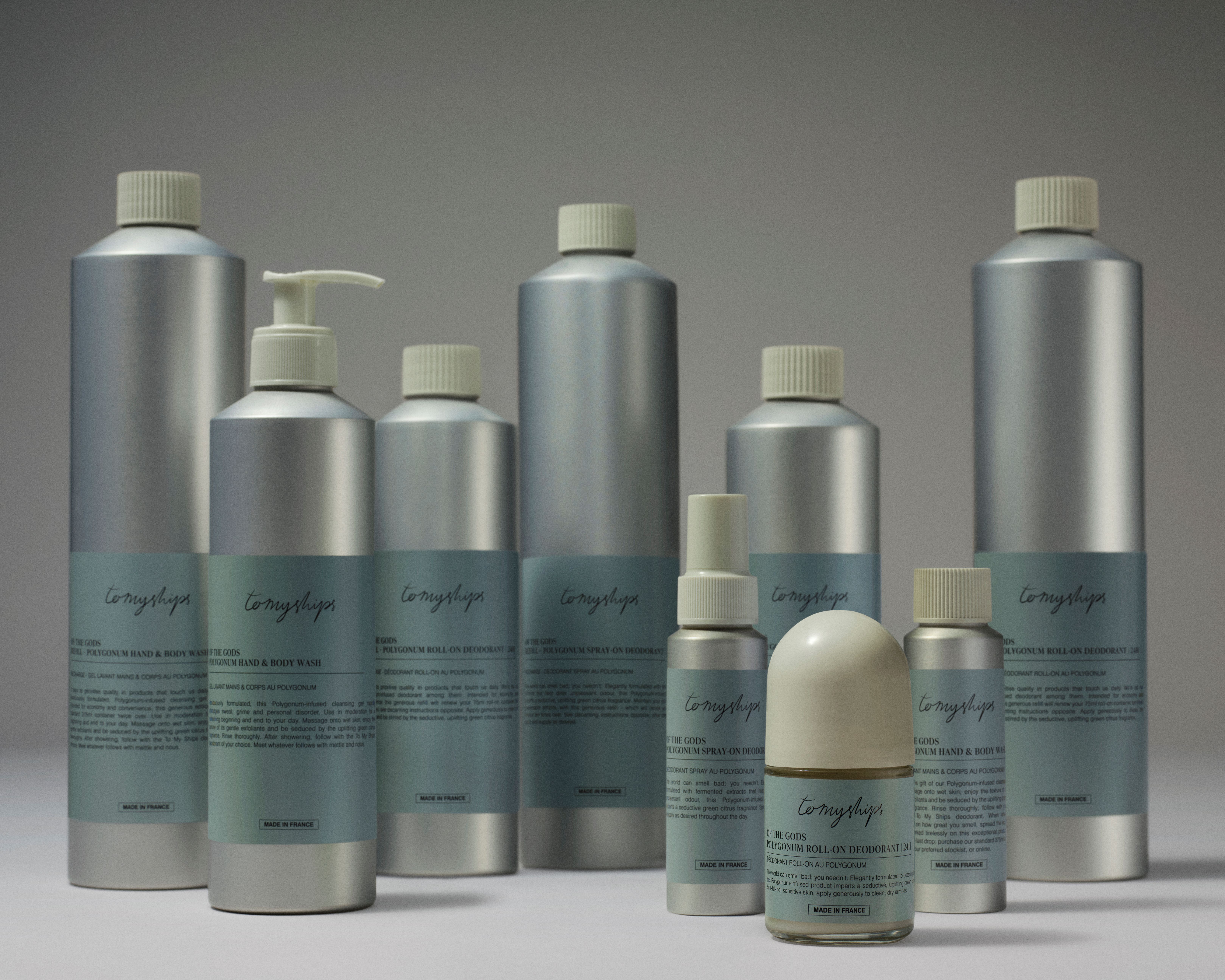 'To My Ships' is a new personal care brand with a clean conscience
'To My Ships' is a new personal care brand with a clean conscienceWe interview founder Daniel Bense and designers Formafantasma to hear how the brand came to life
By Hugo Macdonald
-
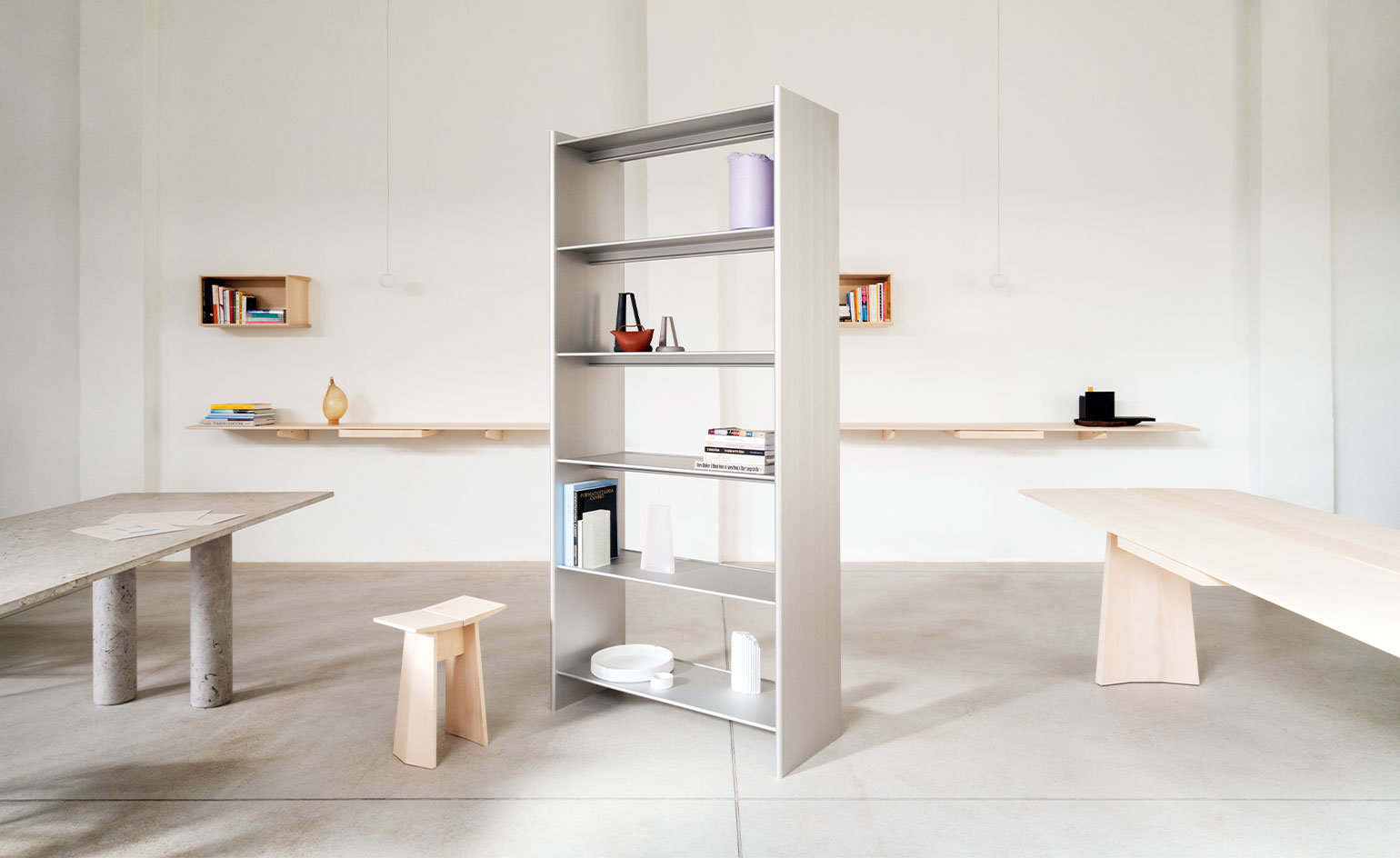 Formafantasma’s minimalist, responsible shelving system for Hem
Formafantasma’s minimalist, responsible shelving system for HemFormafantasma and Hem unveil the ‘T Shelf’, a design in extruded aluminium created in collaboration with specialist Hydro
By Anne Soward
-
 Formafantasma on GEO-Design and design education
Formafantasma on GEO-Design and design educationDesign Emergency began as an Instagram Live series during the Covid-19 pandemic and is now becoming a wake-up call to the world, and compelling evidence of the power of design to effect radical and far-reaching change. Co-founders Paola Antonelli and Alice Rawsthorn took over the October 2020 issue of Wallpaper* – available to download free here – to present stories of design’s new purpose and promise. Here, Paola Antonelli talks to designers Andrea Trimarchi and Simone Farresin of Studio Formafantasma
By Paola Antonelli